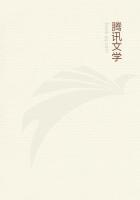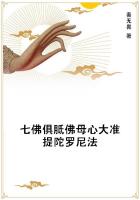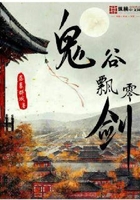Sometimes, in the truce we made with the text, he told a little story of his life at home, or some anecdote relevant to our reading, or quoted a passage from some other author. It seemed to me the make of a high intellectual banquet, and I should be glad if I could enjoy anything as much now.
We walked home as far as his house, or rather his apartment over one of the village stores; and as he mounted to it by an outside staircase, we exchanged a joyous "Gute Nacht," and I kept on homeward through the dark and silent village street, which was really not that street, but some other, where Heine had been, some street out of the Reisebilder, of his knowledge, or of his dream. When I reached home it was useless to go to bed. I shut myself into my little study, and went over what we had read, till my brain was so full of it that when I crept up to my room at last, it was to lie down to slumbers which were often a mere phantasmagory of those witching Pictures of Travel.
I was awake at my father's call in the morning, and before my mother had breakfast ready I had recited my lesson in Ollendorff to him. To tell the truth, I hated those grammatical studies, and nothing but the love of literature, and the hope of getting at it, could ever have made me go through them. Naturally, I never got any scholarly use of the languages I was worrying at, and though I could once write a passable literary German, it has all gone from me now, except for the purposes of reading.
It cost me so much trouble, however, to dig the sense out of the grammar and lexicon, as I went on with the authors I was impatient to read, that I remember the words very well in all their forms and inflections, and I have still what I think I may call a fair German vocabulary.
The German of Heine, when once you are in the joke of his capricious genius, is very ******, and in his poetry it is ****** from the first, so that he was, perhaps, the best author I could have fallen in with if I wanted to go fast rather than far. I found this out later, when I attempted other German authors without the glitter of his wit or the lambent glow of his fancy to light me on my hard way. I should find it hard to say just why his peculiar genius had such an absolute fascination for me from the very first, and perhaps I had better content myself with saying simply that my literary liberation began with almost the earliest word from him; for if he chained me to himself he freed me from all other bondage. I had been at infinite pains from time to time, now upon one model and now upon another, to literarify myself, if I may make a word which does not quite say the thing for me. What I mean is that I had supposed, with the sense at times that I was all wrong, that the expression of literature must be different from the expression of life;
that it must be an attitude, a pose, with something of state or at least of formality in it; that it must be this style, and not that; that it must be like that sort of acting which you know is acting when you see it and never mistake for reality. There are a great many children, apparently grown-up, and largely accepted as critical authorities, who are still of this youthful opinion of mine. But Heine at once showed me that this ideal of literature was false; that the life of literature was from the springs of the best common speech and that the nearer it could be made to conform, in voice, look and gait, to graceful, easy, picturesque and humorous or impassioned talk, the better it was.
He did not impart these truths without imparting certain tricks with them, which I was careful to imitate as soon as I began to write in his manner, that is to say instantly. His tricks he had mostly at second-
hand, and mainly from Sterne, whom I did not know well enough then to know their origin. But in all essentials he was himself, and my final lesson from him, or the final effect of all my lessons from him, was to find myself, and to be for good or evil whatsoever I really was.
I kept on writing as much like Heine as I could for several years, though, and for a much longer time than I should have done if I had ever become equally impassioned of any other author.
Some traces of his method lingered so long in my work that nearly ten years afterwards Mr. Lowell wrote me about something of mine that he had been reading: "You must sweat the Heine out of your bones as men do mercury," and his kindness for me would not be content with less than the entire expulsion of the poison that had in its good time saved my life. I dare say it was all well enough not to have it in my bones after it had done its office, but it did do its office.
It was in some prose sketch of mine that his keen analysis had found the Heine, but the foreign property had been so prevalent in my earlier work in verse that he kept the first contribution he accepted from me for the Atlantic Monthly a long time, or long enough to make sure that it was not a translation of Heine. Then he printed it, and I am bound to say that the poem now justifies his doubt to me, in so much that I do not see why Heine should not have had the name of writing it if he had wanted. His potent spirit became immediately so wholly my "control," as the mediums say, that my poems might as well have been communications from him so far as any authority of my own was concerned; and they were quite like other inspirations from the other world in being so inferior to the work of the spirit before it had the misfortune to be disembodied and obliged to use a medium. But I do not think that either Heine or I had much lasting harm from it, and I am sure that the good, in my case at least, was one that can only end with me. He undid my hands, which had taken so much pains to tie behind my back, and he forever persuaded me that though it may be ingenious and surprising to dance in chains, it is neither pretty nor useful.















